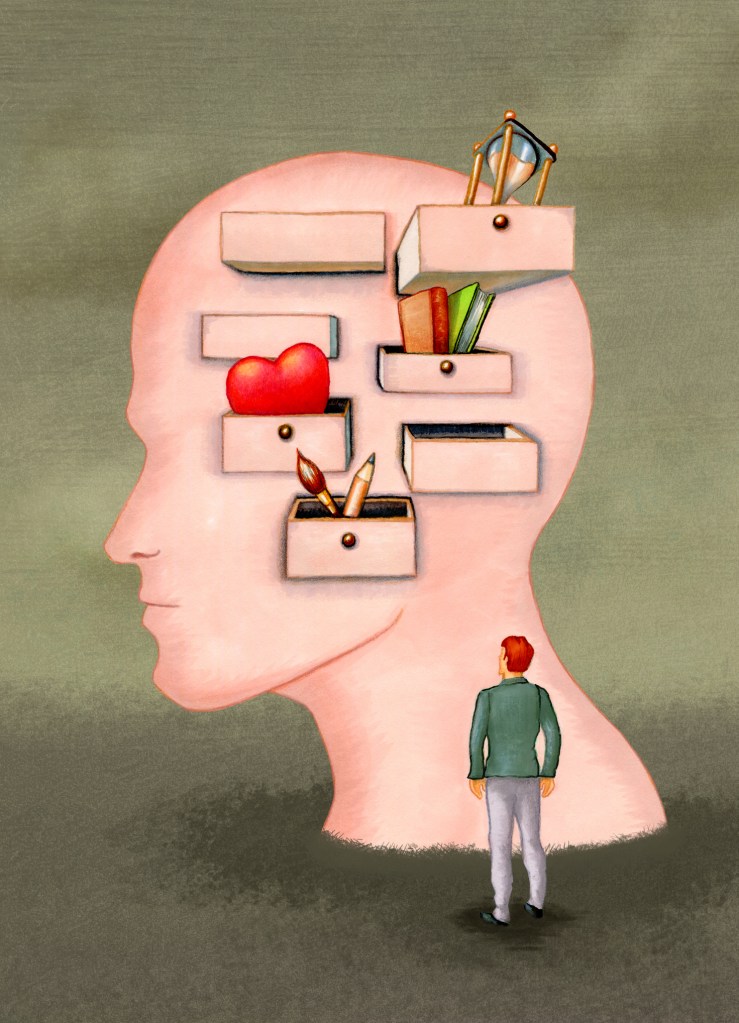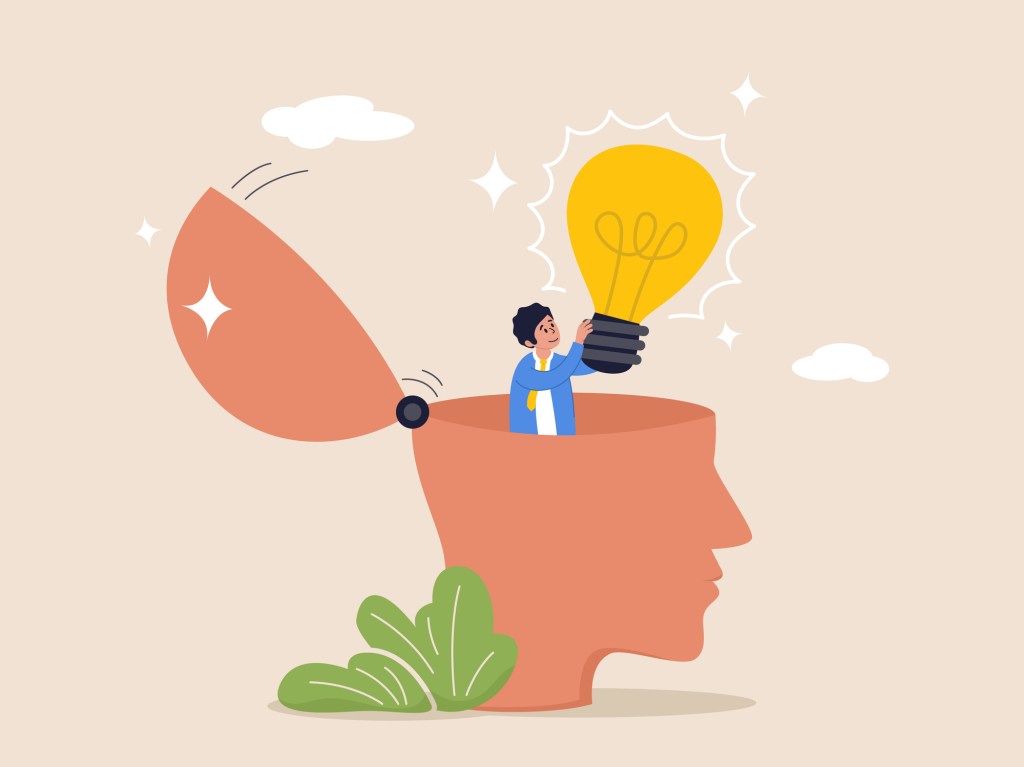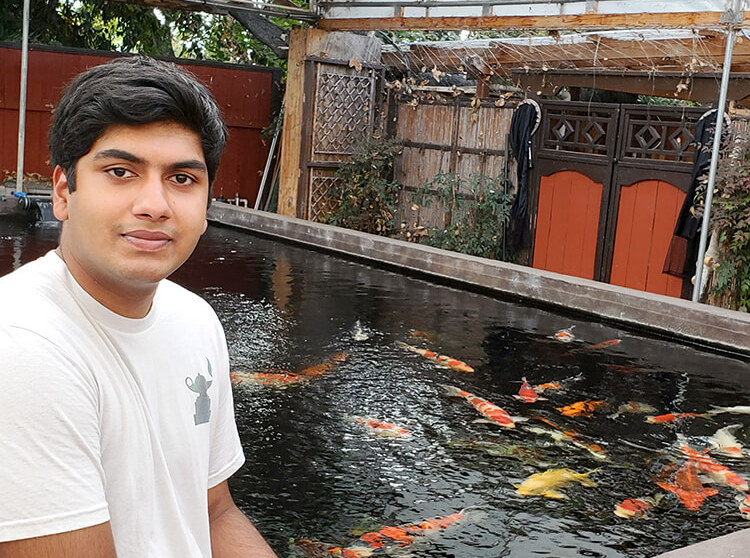When lightbulb moments occur — you know, those instances when you’re struck by a brilliant idea or solution seemingly out of nowhere — they can feel like miracles from the universe. But there’s actually science behind them, and according to a new study, their positive impact could last well beyond the instances themselves.
Researchers at Duke University and Germany’s Humboldt and Hamburg Universities found that “eureka moments” may not only reshape the way our brains represent information, but also help us remember the insight for almost twice as long.
If you have an “aha!” moment when solving a problem, “you’re actually more likely to remember the solution,” first author Maxi Becker, a postdoctoral fellow at Humboldt University in Berlin, said in a news release.

To come to this conclusion, the team first recorded study participants’ brain activity using functional magnetic resonance imaging while the subjects solved visual puzzles called Mooney images. These puzzles involve redistributing elements into coherent objects and often lead to positive emotions and instances of immediacy and certainty. After solving them, participants rated their experience of those feelings and instances, and researchers used the ratings to index flashes of insight.
“It’s just a little discovery that you are making, but it produces the same type of characteristics that exist in more important insight events,” senior author Roberto Cabeza, a professor of psychology and neuroscience at Duke, said of the puzzles.
The scientists also inquired about how sure the participants felt about their solutions, and if they had discovered the solutions in eureka moments or through slower, more calculated methods. Then, five days later, they tested how well the subjects remembered their solutions.

Example of the visual puzzles on the left, corresponding picture on the right
The result? The participants generally recalled their eureka moment solutions better than the ones they worked out deliberately — and the participants who were more certain about their insight were more likely to remember it when the researchers followed up with them.
The researchers observed that the eureka moments coincided with increased activity in the brain’s hippocampus, the section that largely contributes to learning and memory, which could explain why the information was cemented for longer.
“If you have an ‘aha! moment’ while learning something, it almost doubles your memory,” Cabeza said. “There are few memory effects that are as powerful as this.”
But that’s not all — the researchers also discovered that when the participants identified hidden objects they were looking for in the Mooney images, activation patterns increased in the ventral occipito-temporal cortex, the part of the brain that recognizes visual patterns. And when subjects experienced flashes of insight, both aforementioned brain regions “essentially” communicated with each other more efficiently.

There’s no doubt that eureka moments are satisfying when they happen, but the findings also point to the power of inquiry-based learning in the classroom. “Insight is key for creativity,” Cabeza emphasized. He and his colleagues wrote, “Learning environments that encourage insight could boost long-term memory and understanding.”
RELATED: Strengthen Your Memory With These Simple, Science-Backed Techniques












